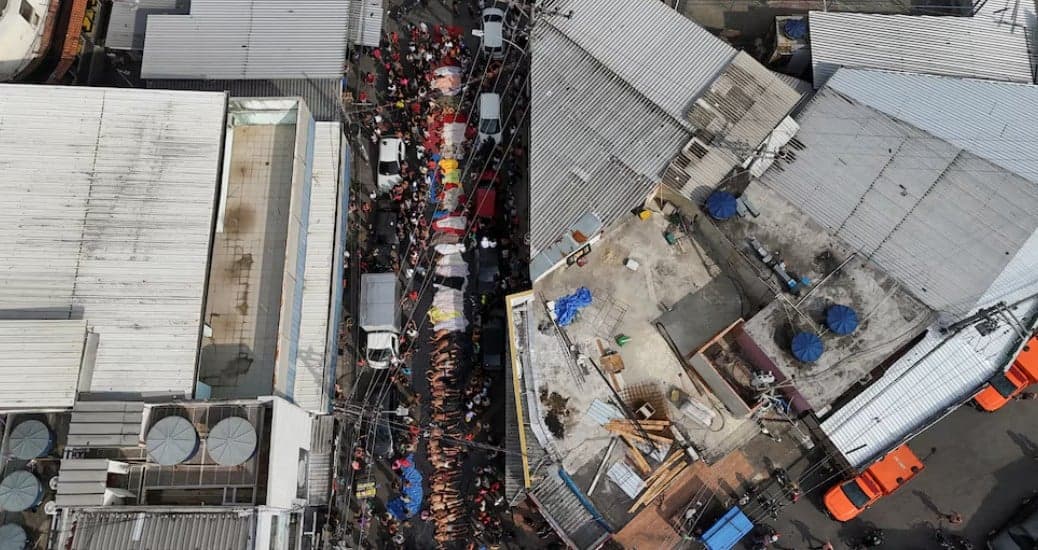The Office of the United Nations High Commissioner for Human Rights on Wednesday called for an immediate and independent investigation into police operations in Rio de Janeiro that left at least 132 dead, the highest number recorded in such an action in Brazil's recent history.
The international organization, headed by Volker Türk, expressed being “horrified” by the magnitude of the violence and reminded Brazilian authorities of their obligations under international law, especially regarding the proportional use of force and respect for life.
The scenes in the streets of Rio are dramatic: dozens of bodies are piling up in the worst-affected areas, and residents are transporting the corpses in pickup trucks to collection points where Civil Defense is carrying out the work. Local estimates warn that the death toll could exceed 190 in the coming hours.
The operation, which mobilized some 2,500 agents, aimed to execute more than 100 arrest warrants against members of Comando Vermelho, one of the country's main criminal organizations. The intervention took place in the Alemão and Penha favela complexes in the northern part of the city, considered strongholds of the gang.
According to official reports, among the dead are 60 alleged suspects and four police officers, in addition to at least 11 injured, including agents and civilians.
Violence transformed Rio's urban landscape. Empty streets, closed businesses, and entire neighborhoods paralyzed by fear became the image of a city accustomed to noise and activity. In emblematic places like Tijuca, Vila Isabel, and Botafogo, nightlife vanished completely.
“It feels like the pandemic,” said a resident in Praça Varnhagen, describing the silence of the streets. In traditionally lively areas, such as Boulevard 28 de Setembro and Rua Arnaldo Quintela, bars and restaurants closed early, while police maintained checkpoints at entrances and on main avenues.
During the early morning hours, the Rio de Janeiro mayor's office reported that all roads were open after the lifting of the blockades implemented during the operation. The last to reopen was the Grajaú-Jacarepaguá highway, which connects the northern and southwestern parts of the city.
Despite the partial restoration of normalcy, the atmosphere in Rio remains tense and mournful. The UN insists that Brazilian authorities must guarantee a transparent investigation into what happened and ensure that those responsible for extrajudicial killings and the excessive use of force are brought to justice.

